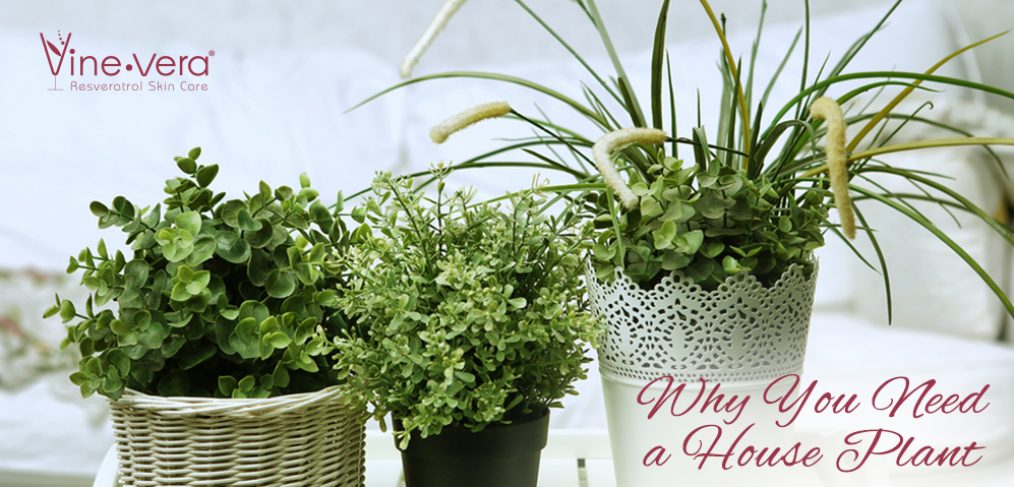Katy Perry says she starts her day with Transcendental Meditation. Madonna can be seen with her foot behind her head practicing meditative yoga. Lena Dunham claims that all Type A women, she included, could benefit from meditation. Clint Eastwood says he’s been using Transcendental Meditation for almost 40 years. Talk show gurus Ellen DeGeneres and the great Oprah Winfrey both swear by meditation and, if that isn’t reason enough to start practicing your daily mantras, the lovely Nicole Kidman uses the meditation app on her phone that shows her a map of all the people who are meditating at the same time.
Meditation is a practice which involves self-regulation of the mind. It is used to ease high blood pressure and to combat depression and anxiety. It is known to improve the quality of life and health and help you make better choices. Here are some ways to work meditation into your day.
1. Find A Place Where You Can Meditate Regularly
Find a quiet spot and place a chair or meditation cushion there. Create a peaceful atmosphere that recalls the sacred purpose of meditation. You may choose to make an altar with flowers or sacred images.
2. Pick A Regular Time To Practice
If you love mornings, you might consider meditation before breakfast, schedule permitting. If you prefer evenings or have more time at night, try to meditate then. Start by sitting ten to twenty minutes a day and gradually increase the length of time and the number of sittings.
3. Pick A Posture
You want to be able to sit erectly without stiffness. Plant your body firmly and let your hands rest. Your eyes should be gently closed and your heart rate should be slow. Feel your body consciously releasing tension and let go of your thoughts.
4. Concentrate On Your Breathing
Take a few breaths to try and find the place from where you breath most easily. Feel the sensations of your breathing like the movement of your chest and belly. Relax with each breath, feeling the air entering and exiting your nose and throat.
5. Allow Your Mind To Wander
Your mind may slip away for a while. Allow yourself to return to the next breath and think about where you have been. You may want to use a word to name to yourself where you have been, such as “wandering” or “thinking” and say it to yourself silently. When you become more accustomed to meditation, you may be able to train your brain to return to the place it has been, but until that is possible, just use the word of acknowledgment and return on the next breath.
6. Sit, Letting Your Breath Change Rhythm
Relax into the rhythm of your breath allowing it to change from short to long, fast to slow, easy to rough. Concentrate gently.
As you progress, you should notice it will be easier to center and calm yourself. Meditation is a journey that needs to be ridden out, with some days more peaceful than others. If you stick with it, you will find that concentration on breathing helps to calm your mind and body.










